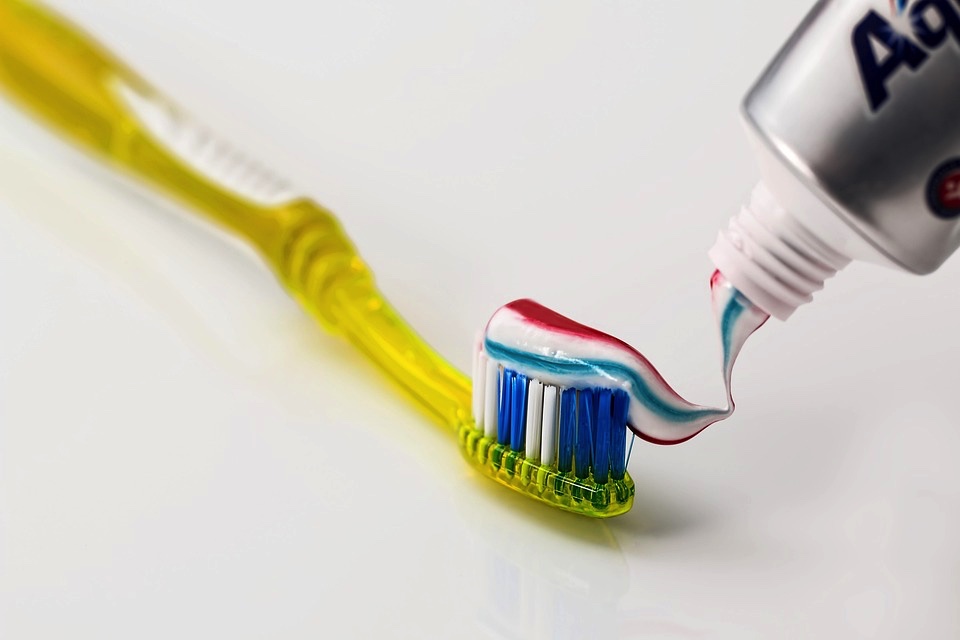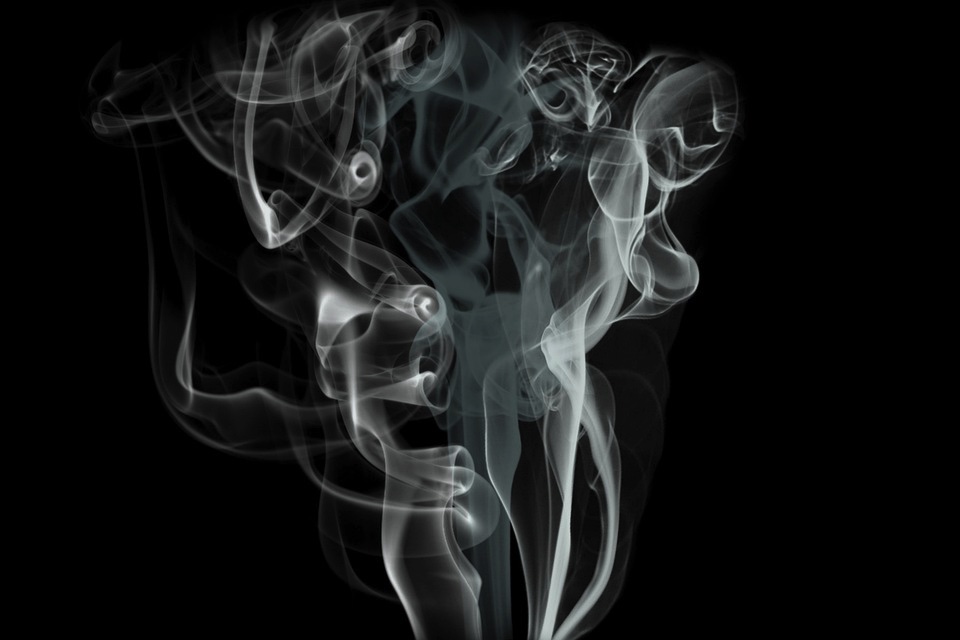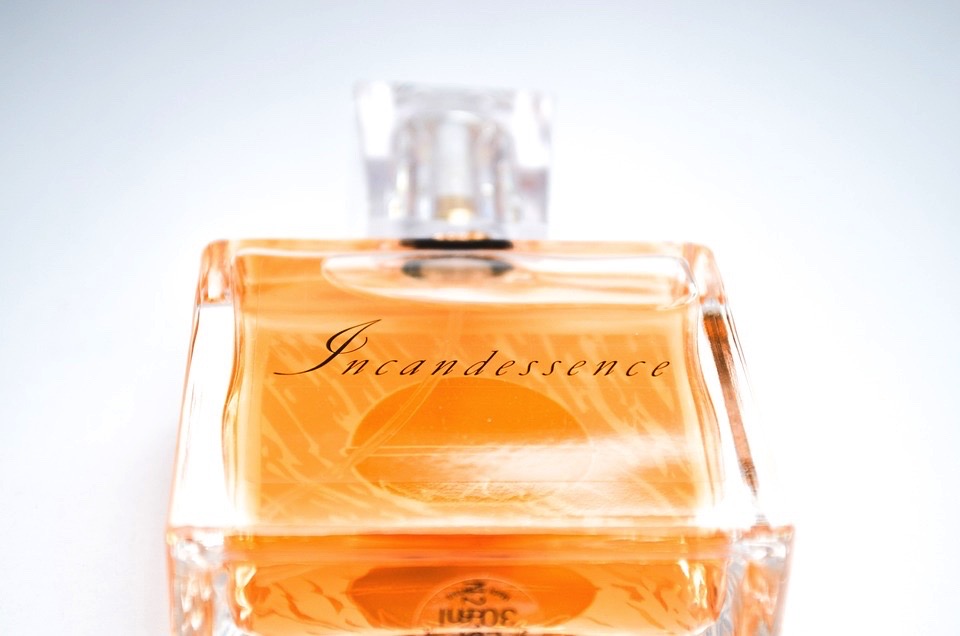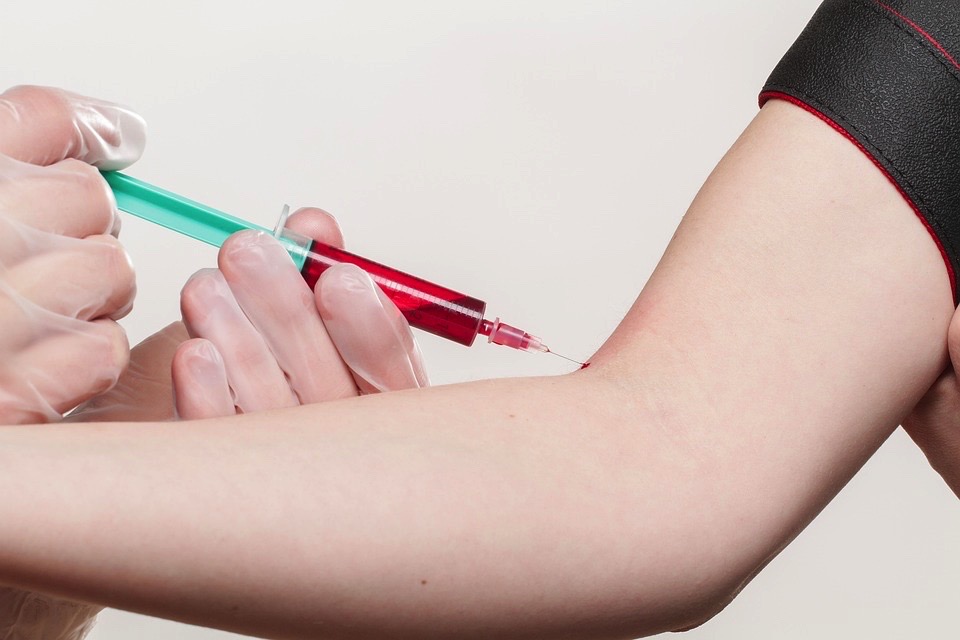
7-Things that do not break the fast are essential to understand for anyone observing this sacred act of worship in Islam. The hadiths and principles provide a clear basis for what is permissible during fasting. However, it is always recommended to consult a knowledgeable scholar or Imam for specific questions, as individual circumstances may vary. Understanding these rulings helps ensure that fasting is performed correctly and with peace of mind, allowing believers to focus on the spiritual and physical benefits of this profound act of devotion.
“Whoever Allah wishes good for, He grants them understanding of the religion.”
(Sahih al-Bukhari, Hadith 71)
Fasting is a very personal and spiritual act of worship in Islam. Allah (SWT) orders it and bases it on the teachings of the Quran and Prophet Muhammad (peace be upon him). Even though the general rules of fasting—the seven things that do not break the fast— are well known, different people may need more information about certain scenarios. When this happens, it is always best to get help from an experienced Islamic expert or Mufti who can give you advice based on the Quran, Hadith, and the rules of Islamic law (Fiqh). When talking about faith, the Prophet Muhammad (peace be upon him) stressed how important it was to learn and understand:
“Whoever Allah wishes good for, He grants them understanding of the religion.”
(Sahih al-Bukhari, Hadith 71)
1- Brushing Your Teeth

The use of the miswak (a teeth-cleaning twig) is highly encouraged in Islam, even while fasting. The Prophet Muhammad (peace be upon him) said:
“Were it not for the fact that I did not want to make things too hard for my Ummah, I would have commanded them to use the miswak at every time of prayer.”
(Sahih al-Bukhari, Hadith 887)
This indicates that using the miswak (or a toothbrush) does not break the fast, as long as nothing is swallowed.
2-Taking a Shower or Bath

There is no Hadith that prohibits bathing or showering while fasting. In fact, the Prophet Muhammad (peace be upon him) used to pour water over his head while fasting to cool down. It is reported:
3-Using Eye Drops or Nasal Sprays

While there is no direct Hadith about eye drops or nasal sprays, Islamic scholars generally agree that these do not break the fast because they do not reach the stomach.
Table of Contents
This principle is used to justify the permissibility of using eye drops or nasal sprays.
4-Inhaling Dust or Smoke Unintentionally

Unintentional actions do not break the fast. The Prophet (peace be upon him) said:
“Allah has forgiven my Ummah for mistakes and forgetfulness, and what they are forced to do.”
(Sunan Ibn Majah, Hadith 2045)
This Hadith indicates that unintentional inhalation of dust or smoke does not invalidate the fast.
5. Tasting Food (Without Swallowing)

“The fast is not invalidated by tasting food so long as one does not swallow it, but you should not do that unless there is a need for it; in that case if a little of it reaches your stomach by accident your fast is not invalidated.” It says in Fatawa al-Lajnah al-Daimah (10/332):
6. Applying Perfume or Cologne

There is no Hadith that prohibits the use of perfume or cologne while fasting. In fact, the Prophet (peace be upon him) was known to use perfume regularly. It is reported:
“The Prophet (peace be upon him) loved perfume and used it frequently.”
(Sunan Abu Dawood, Hadith 4162)
Since perfume is an external application and not consumed, it does not break the fast.
7. Drawing Blood or Receiving Injections

There is no direct Hadith about drawing blood or receiving injections, but Islamic scholars derive rulings based on the principle that fasting is only broken by what reaches the stomach.
Cupping involves drawing blood, and since it does not break the fast, scholars extend this principle to blood tests and non-nutritive injections.
Conclusion
The essence of fasting lies in cultivating taqwa (God-consciousness), self-discipline, and spiritual growth. Minor unintentional actions, such as swallowing water while rinsing the mouth or inhaling dust, do not invalidate the fast, as Allah (SWT) is Most Merciful and does not hold us accountable for what is beyond our control. The Prophet (peace be upon him) said:
“Allah has forgiven my Ummah for mistakes, forgetfulness, and what they are forced to do.”
(Sunan Ibn Majah, Hadith 2045)
